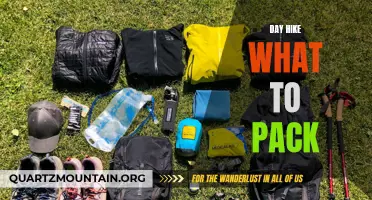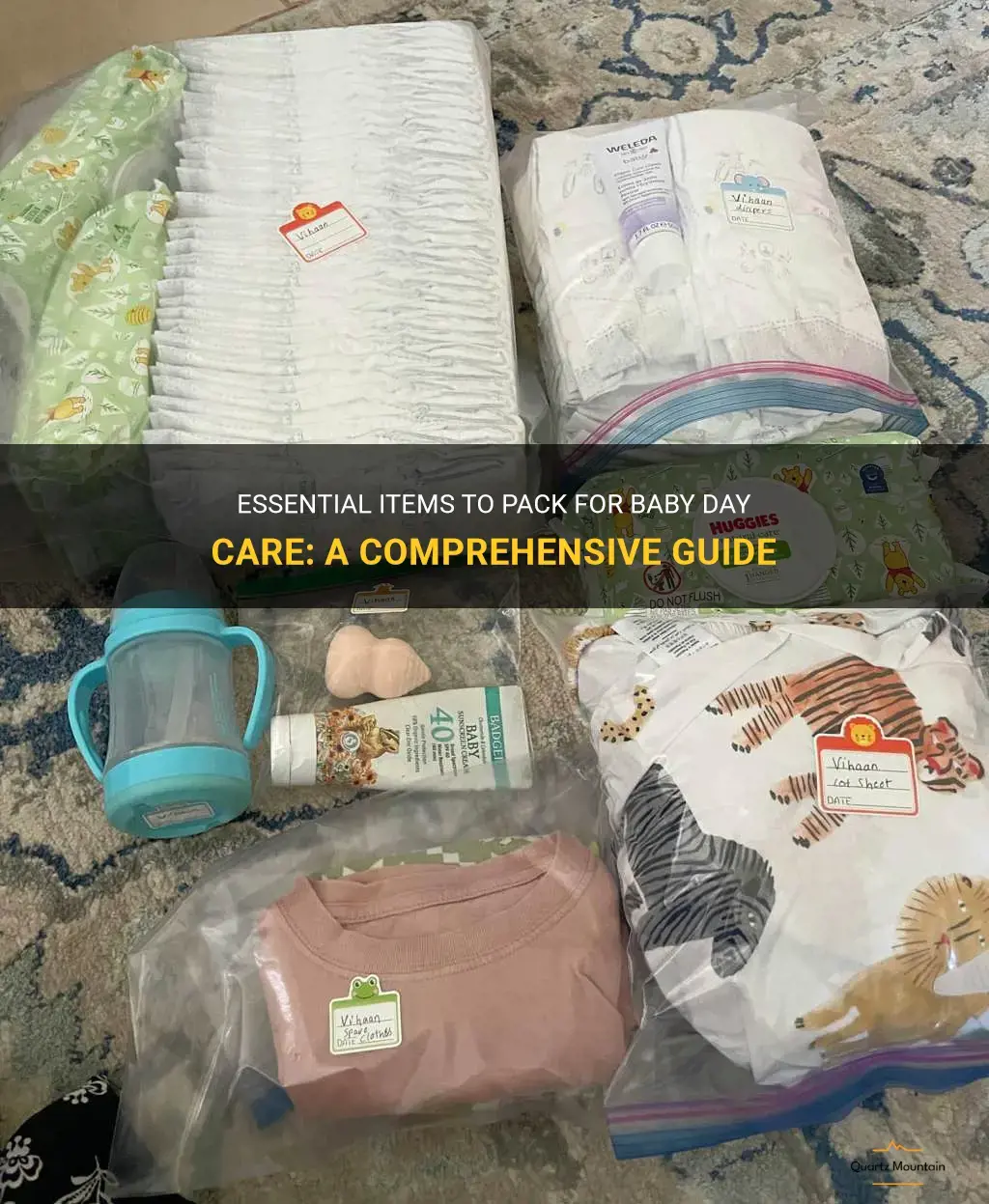
Are you a new parent preparing to send your little one off to daycare for the first time? If so, you're probably feeling a mix of emotions – excitement, anxiety, and everything in between. One crucial aspect of this transition is ensuring that you have packed all the essential items your baby will need during their time at daycare. From spare clothes to bottles and diapers, this comprehensive guide will walk you through the must-haves for your little one's journey into daycare. With these essential items in tow, you'll have one less worry on your mind and can focus on the precious moments of your child's growth and development.
What You'll Learn
- What essential items should I pack for my baby's day care?
- How many changes of clothes should I pack for my baby in case of accidents or spills?
- Are there any specific items that the day care requires parents to pack for their babies?
- Should I pack my own diapers and wipes, or does the day care provide them?
- Are there any restrictions on what types of toys or comfort items I can pack for my baby at day care?

What essential items should I pack for my baby's day care?
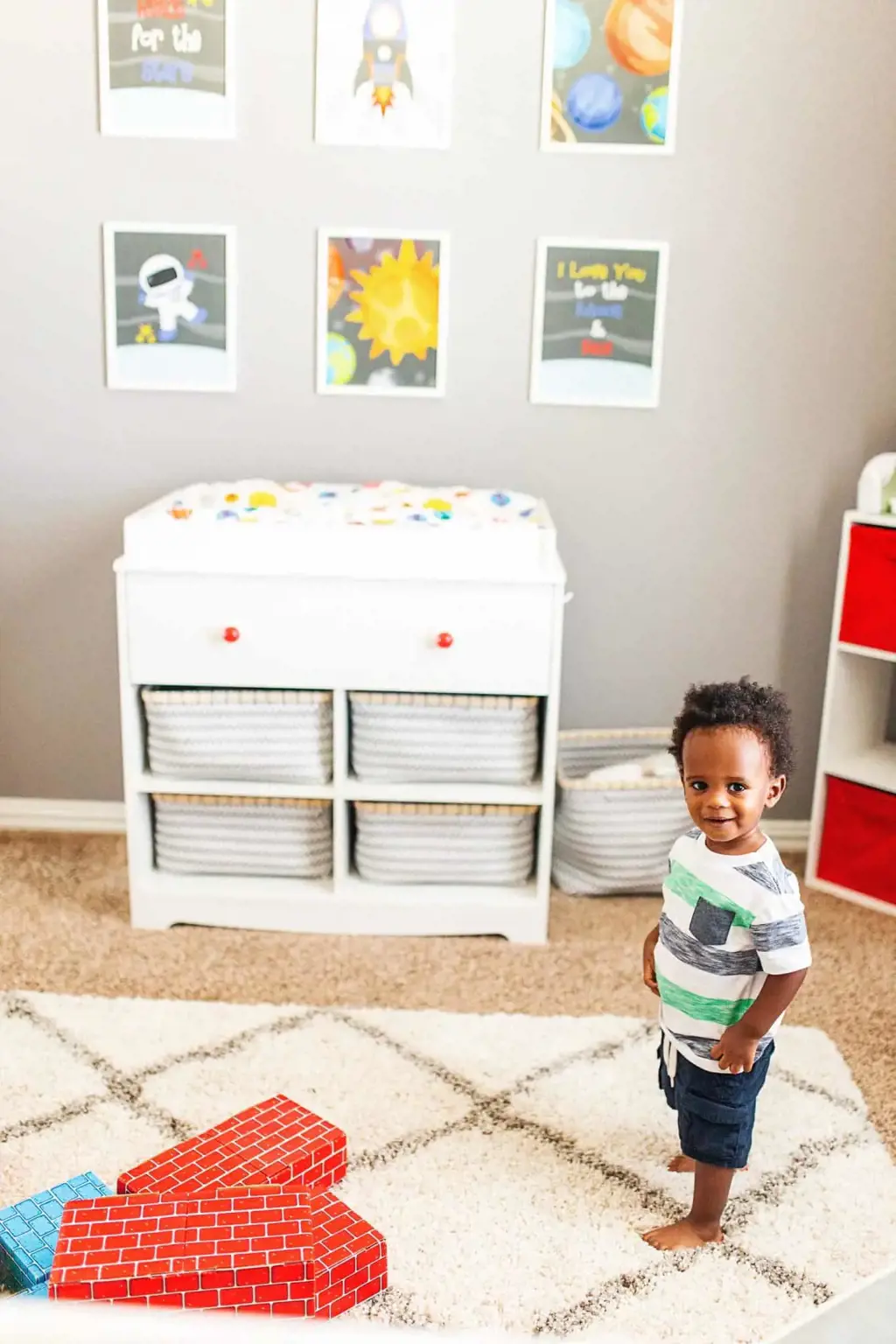
When preparing for your baby's day care, it's important to pack essential items that will ensure their safety, comfort, and well-being throughout the day. Here are some key items that you should consider packing:
- Diapers and wipes: Pack enough diapers to last your baby for the duration of their stay at day care. Make sure you also include a sufficient supply of wipes for diaper changes.
- Change of clothes: Accidents happen, and it's always a good idea to have a change of clothes in case your baby gets dirty or has a diaper leak. Pack several sets of clothing to cover different weather conditions and possible mishaps.
- Bottles and formula: If your baby is not breastfeeding, make sure to pack enough bottles and formula for their feeding needs. Label each bottle with your baby's name to avoid mix-ups.
- Snacks and meals: Depending on your baby's age and dietary needs, you may need to pack snacks and meals for the day. Consider including healthy options such as cut-up fruits, yogurt, or finger foods that your baby can easily eat.
- Comfort items: If your baby has a favorite blanket, stuffed animal, or pacifier, make sure to pack it in their bag. Having familiar comfort items can help soothe your baby and make them feel more at ease.
- Medications: If your baby requires any medications, ensure that you provide detailed instructions to the day care staff and pack the necessary medication in a labeled container. It's essential to communicate any allergies or specific medical conditions your baby has to ensure their safety.
- Sunscreen and insect repellent: If your baby will be spending time outdoors, it's crucial to protect their delicate skin from the sun and bugs. Choose baby-friendly sunscreen and insect repellent and apply it before drop-off if necessary.
- Wet bag: In case of wet or soiled clothes, pack a wet bag to store them separately from the clean items. This will prevent any contamination and make it easier for the day care staff to handle laundry.
- Extra pacifiers and teething toys: Babies can be fussy at times, and having extra pacifiers or teething toys can provide them with comfort and entertainment throughout the day.
- Contact information: Always include a list of emergency contact numbers, including your own, your partner's, and any other family members or caregivers, along with your baby's pediatrician's contact information.
Remember to regularly check and refill your baby's day care bag to ensure that essential items are always available. Communication with the day care staff is also crucial, as they can provide you with specific guidelines or recommendations for packing your baby's bag based on their individual needs. By being prepared and organized, you can help make your baby's day care experience safe, comfortable, and enjoyable.
Essential Items to Pack for an Unforgettable Trip to Peru
You may want to see also

How many changes of clothes should I pack for my baby in case of accidents or spills?
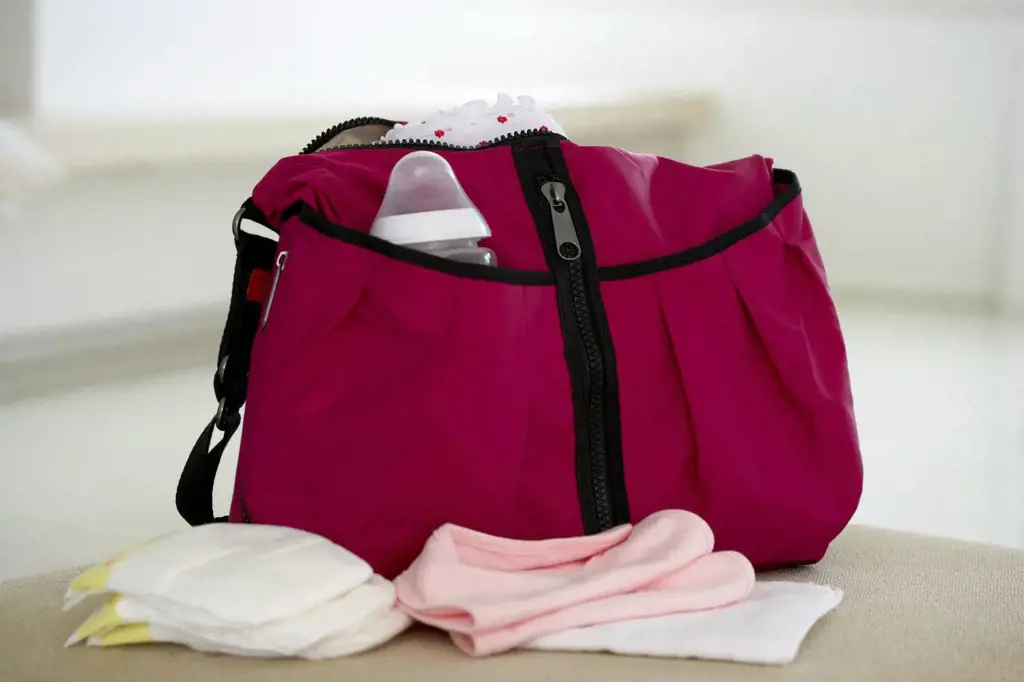
As a parent, you know all too well that babies are prone to accidents and spills. Whether it's a diaper leak, spit-up, or a messy meal, having extra clothes on hand is a must. But how many changes of clothes should you pack for your baby to ensure you're prepared for any situation? In this article, we will explore the science behind baby accidents, share personal experiences, provide a step-by-step guide, and give you some examples to help you determine how many changes of clothes you should pack for your little one.
The Science Behind Baby Accidents:
Babies have immature digestive systems, which can lead to frequent spitting up or diaper leaks. Additionally, as they explore their world through play and crawling, there is an increased likelihood of spills and messes. Understanding that accidents and spills are a normal part of a baby's development can help you plan accordingly.
Personal Experiences:
Many parents can attest to the fact that babies often go through multiple changes of clothes in one day. In fact, it's not uncommon for a baby to need a fresh outfit after every meal or diaper change. However, every baby is different, and some may have fewer accidents than others. Your child's individual habits and tendencies will play a significant role in determining how many changes of clothes you need to pack.
Step-by-Step Guide:
To determine how many changes of clothes you should pack, follow these steps:
Step 1: Consider your baby's age and developmental stage. Younger babies may require more changes due to frequent diaper leaks and spit-up, while older babies may have fewer accidents.
Step 2: Think about your baby's tendencies. Does your baby spit up often? Do they have frequent diaper leaks? This will give you an idea of how many changes to prepare for.
Step 3: Take into account the duration of your outing. If you're going to be away from home for an extended period, you may need more changes of clothes than if you were just running a quick errand.
Step 4: Pack extra clothes for unexpected accidents or spills. It's always better to be over-prepared than under-prepared.
Examples:
Here are a few examples to help you gauge how many changes of clothes you should pack:
Example 1:
If you're going on a short outing with your six-month-old who rarely spits up and has infrequent diaper leaks, packing one extra outfit should be sufficient.
Example 2:
If you're going on a day trip with your one-year-old who has a tendency to spit up after every meal, packing two to three extra outfits would be wise.
Example 3:
If you're going on a vacation with your nine-month-old who is going through a phase of frequent diaper leaks and enjoys exploring messy play, packing at least five to six extra outfits would be more appropriate.
Ultimately, the number of changes of clothes you need to pack for your baby will depend on their personal habits, developmental stage, and the duration of your outing. By considering these factors and following the step-by-step guide, you can ensure you're prepared for any accidents or spills that may occur. Remember, it's always better to have a few extra outfits on hand than to be caught unprepared.
What to Pack for Your Visit to the Bay Medical Center in Bay City
You may want to see also

Are there any specific items that the day care requires parents to pack for their babies?
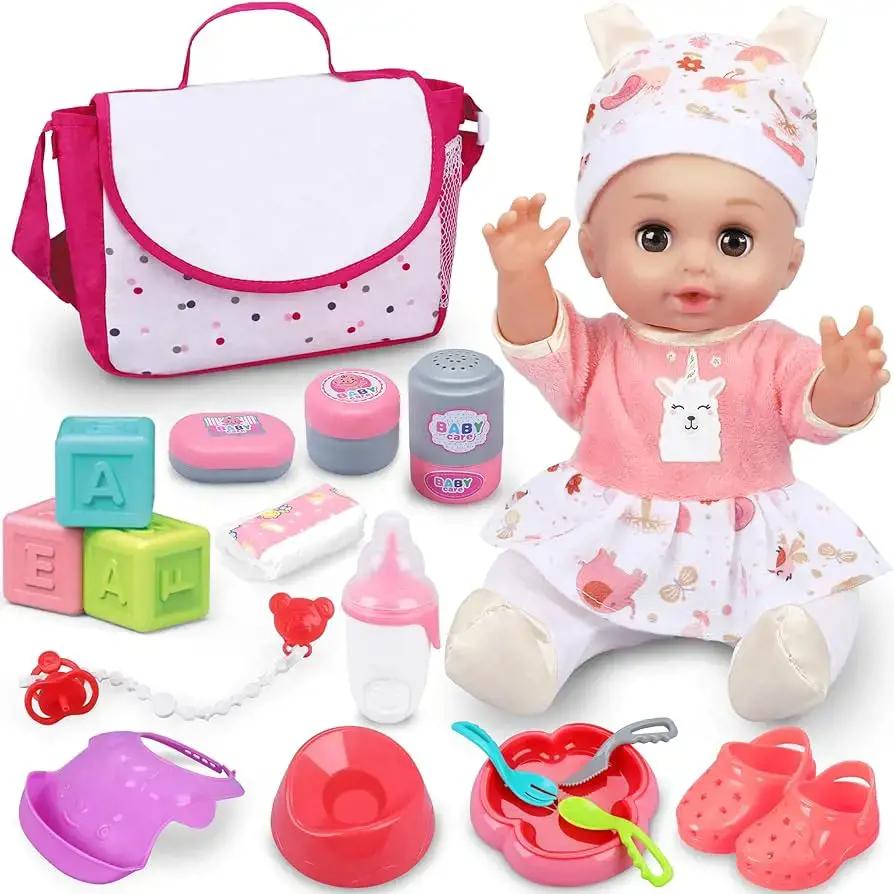
When it comes to sending your baby off to daycare, it's important to know what items you need to pack to ensure their comfort and well-being. Each daycare may have specific requirements, but there are some common items that you should consider packing for your little one. This article will outline the essential items that many daycares require parents to pack for their babies.
- Extra Clothes: Babies are notorious for making messes, whether it's through diaper blowouts or spitting up. It's important to pack a few extra sets of clothes to ensure your baby stays clean and comfortable throughout the day. Make sure to include socks, onesies, pants, and any other essential clothing items.
- Diapers and Wipes: Daycares typically require parents to provide their own diapers and wipes. Pack enough diapers to last throughout the day, as well as any necessary diaper cream or ointments. Make sure the diapers are the appropriate size for your baby's age and weight.
- Bottles and Formula: If your baby is bottle-fed, you will need to pack enough bottles and formula for the day. Label each bottle with your baby's name and the date to prevent mix-ups. If your baby requires breast milk, discuss with the daycare how to handle storage and feeding.
- Snacks and Food: For babies who have started solids, you may need to pack snacks or small meals depending on the daycare's policy. It's important to provide healthy, age-appropriate options such as cut-up fruits, baby cereal, or purees. Make sure to communicate with the daycare about any dietary restrictions or allergies your baby may have.
- Blankets and Comfort Items: Many parents choose to send their babies to daycare with a comfort item, such as a favorite blanket or stuffed animal. These items can help soothe and provide comfort during nap times or when your baby feels anxious. Make sure to label these items with your baby's name.
- Medications or Special Needs: If your baby requires any medications or has special needs, make sure to communicate with the daycare and provide any necessary documentation. Pack all medications in their original containers and label them clearly with your baby's name and any instructions.
- Outdoor Gear: If the daycare takes babies outside for playtime, you may need to pack items such as a sun hat, sunscreen, or a jacket depending on the weather. Make sure to label these items as well to avoid confusion or mix-ups.
It's important to check with the specific daycare you plan to enroll your baby in to get a comprehensive list of their requirements. Some daycares may provide certain items, such as diapers or snacks, while others may require parents to provide everything. It's always a good idea to have extras of each item in case they get lost or dirty throughout the day.
In conclusion, daycares may have specific requirements for parents to pack for their babies. Essential items often include extra clothes, diapers and wipes, bottles and formula, snacks and food, blankets and comfort items, medications or special needs items, and outdoor gear. Make sure to communicate with the daycare to ensure you are meeting their requirements and providing everything your baby needs for a safe and comfortable day at daycare.
Essential Packing Guide for a Week-Long Trip to New Orleans
You may want to see also

Should I pack my own diapers and wipes, or does the day care provide them?
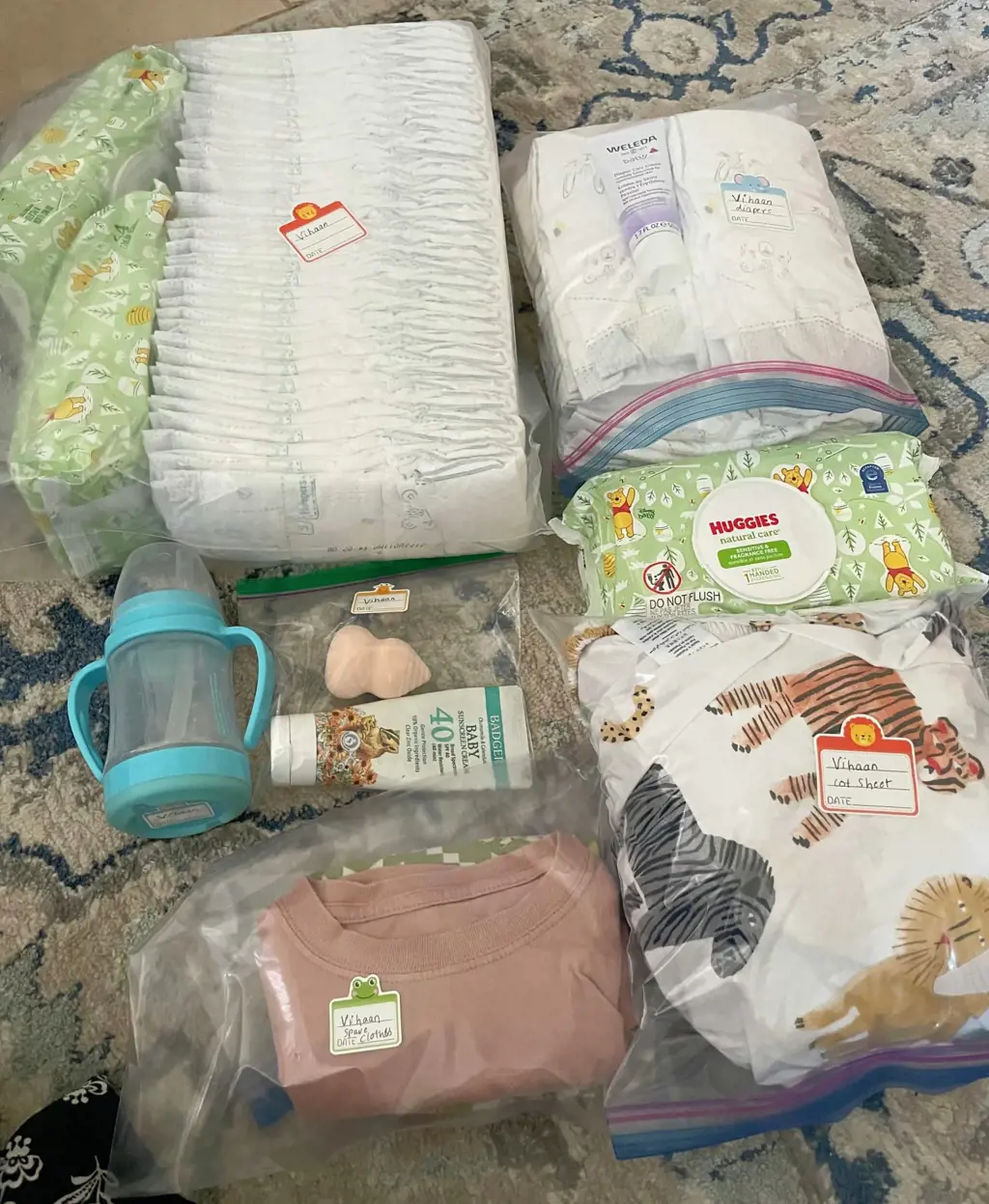
When it comes to sending your child to day care, there are many things to consider. One important question that often comes up is whether to pack your own diapers and wipes or rely on the day care to provide them. The answer to this question can vary depending on the specific day care center and your personal preferences, but there are a few important factors to consider.
The first thing to consider is the policies of the day care center. Some day care centers require parents to bring their own diapers and wipes, while others provide them for an additional fee. It's important to understand these policies before enrolling your child, as it can have an impact on your decision.
Another factor to consider is the quality of the diapers and wipes provided by the day care center. While some centers may provide high-quality, hypoallergenic diapers and wipes, others may opt for more economical options. If your child has sensitive skin, allergies, or any other special needs, you may prefer to pack your own diapers and wipes to ensure they are suitable for your child's needs.
One advantage of packing your own diapers and wipes is that you have control over the brands and types you use. Every child is different, and what works for one child may not work for another. By packing your own diapers and wipes, you can choose the brands and types that you know work best for your child. This can help prevent discomfort, rashes, and other issues that can occur when using diapers and wipes that are not suitable for your child's needs.
Additionally, packing your own diapers and wipes can provide a sense of familiarity and comfort for your child. Young children thrive on routine and familiarity, and having their own diapers and wipes that they are used to can help them feel more at ease in a new environment. This can be especially important during the transition period when your child is first starting at day care.
If you do decide to pack your own diapers and wipes, it's important to communicate this with the day care center. Make sure to inform the staff of your decision and provide them with an ample supply of diapers and wipes. It's also a good idea to check in periodically to ensure that your supply is being used appropriately and replenish it as needed.
In conclusion, the decision of whether to pack your own diapers and wipes or rely on the day care to provide them ultimately depends on your personal preferences and the policies of the day care center. Consider the quality of the diapers and wipes provided, your child's individual needs, and the importance of routine and familiarity for your child. By carefully considering these factors, you can make an informed decision that best meets the needs of your child and your family.
5 Items You Should Leave Behind When Packing for a Carnival Cruise
You may want to see also

Are there any restrictions on what types of toys or comfort items I can pack for my baby at day care?
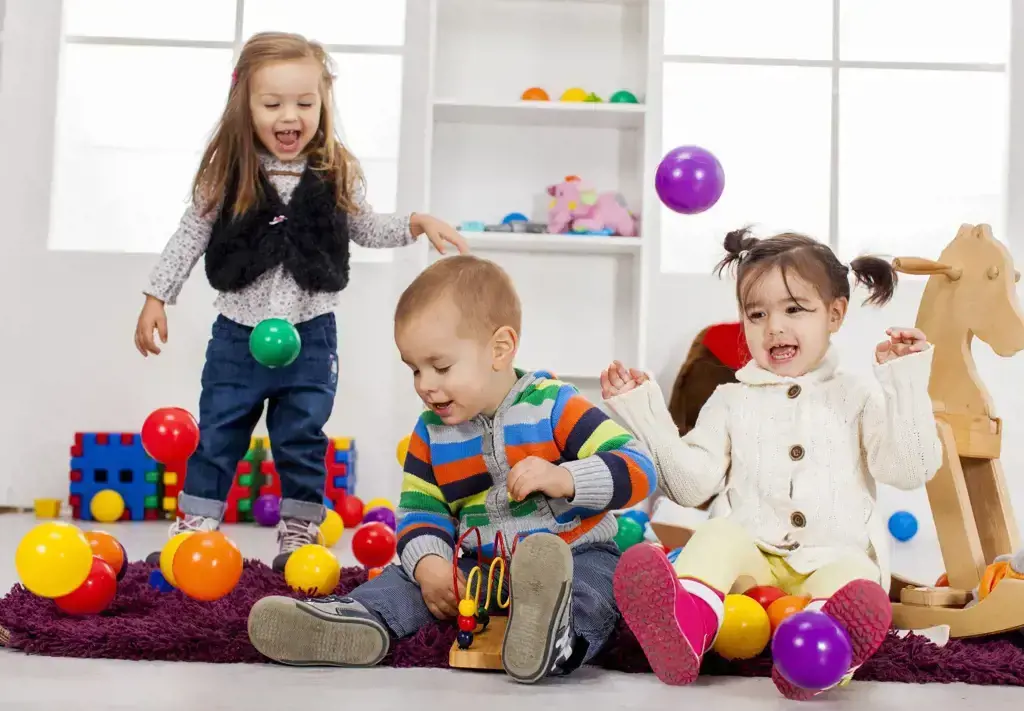
When it comes to packing items for your baby to bring to day care, it's important to consider any restrictions or guidelines set by the facility. While each day care may have its own specific rules, there are generally some common restrictions on the types of toys and comfort items that you can pack for your little one. These restrictions are in place to ensure the safety and well-being of all the children in the facility.
One common restriction is the prohibition of toys with small parts that could pose a choking hazard. Day care facilities often have strict guidelines on the size of toys and the minimum age recommendations. They will typically request that you avoid bringing in any toys with small parts that can be easily swallowed or pose a choking hazard. This includes items such as action figures, small puzzles, or toys with removable parts.
Another restriction often found in day care facilities is a ban on items that may cause harm or that are potentially dangerous. This can include toys with sharp edges or points, such as scissors, knives, or toy weapons. Some day care facilities may also have restrictions on electronic toys with loud noises or flashing lights as they can be disruptive to the other children and may be too stimulating.
Additionally, day care facilities may have guidelines on the types of comfort items that can be brought in. While many facilities encourage parents to bring in comfort items such as a blanket or stuffed animal, they may have restrictions on the size or materials used. For example, some facilities may require that blankets be a certain size to prevent suffocation hazards, or they may request that stuffed animals be made of hypoallergenic materials to accommodate children with allergies.
It's important to remember that these restrictions are in place to ensure the safety and well-being of all the children in the facility. If you're unsure about what items are allowed, it's best to check with the day care provider before packing anything.
In conclusion, when it comes to packing toys and comfort items for your baby at day care, there may be restrictions in place to ensure the safety and well-being of all the children. These restrictions may include avoiding toys with small parts that pose a choking hazard, banning potentially dangerous items, and having guidelines on the size and materials of comfort items. It's best to check with the day care provider to ensure you're adhering to their specific guidelines.
What to Pack for a Domestic Delta Flight: Your Comprehensive Guide
You may want to see also
Frequently asked questions
When packing for your baby's day care, it's important to include essential items such as diapers, wipes, bottles, formula or breast milk, extra clothes, and a blanket or swaddle. You should also include any necessary medications or special items your baby may need, such as a pacifier or lovey. It's always a good idea to check with the specific day care facility for their recommended list of items to pack.
The number of diapers and wipes you should pack for your baby's day care will depend on how long your baby will be there and how often they typically need to be changed. As a general guideline, you can estimate about one diaper per hour of care, plus a few extras, and about one wipe per diaper change. It's always better to pack a few extra diapers and wipes, just in case.
Yes, it's highly recommended to label your baby's belongings for day care. This includes everything from bottles and pacifiers to clothing and blankets. Labeling helps ensure that your baby's items don't get mixed up with other children's belongings and helps the day care staff easily identify what belongs to your baby. There are many ways to label items, such as using permanent marker or iron-on labels.
When choosing a bag to pack your baby's items for day care, it's important to consider durability and functionality. A diaper bag with multiple compartments and pockets can help keep everything organized and easily accessible. Look for a bag that is easy to clean and has a waterproof or water-resistant lining. You may also want to consider a bag that has a separate compartment for dirty or wet items. Ultimately, choose a bag that suits your personal style and is comfortable to carry.







